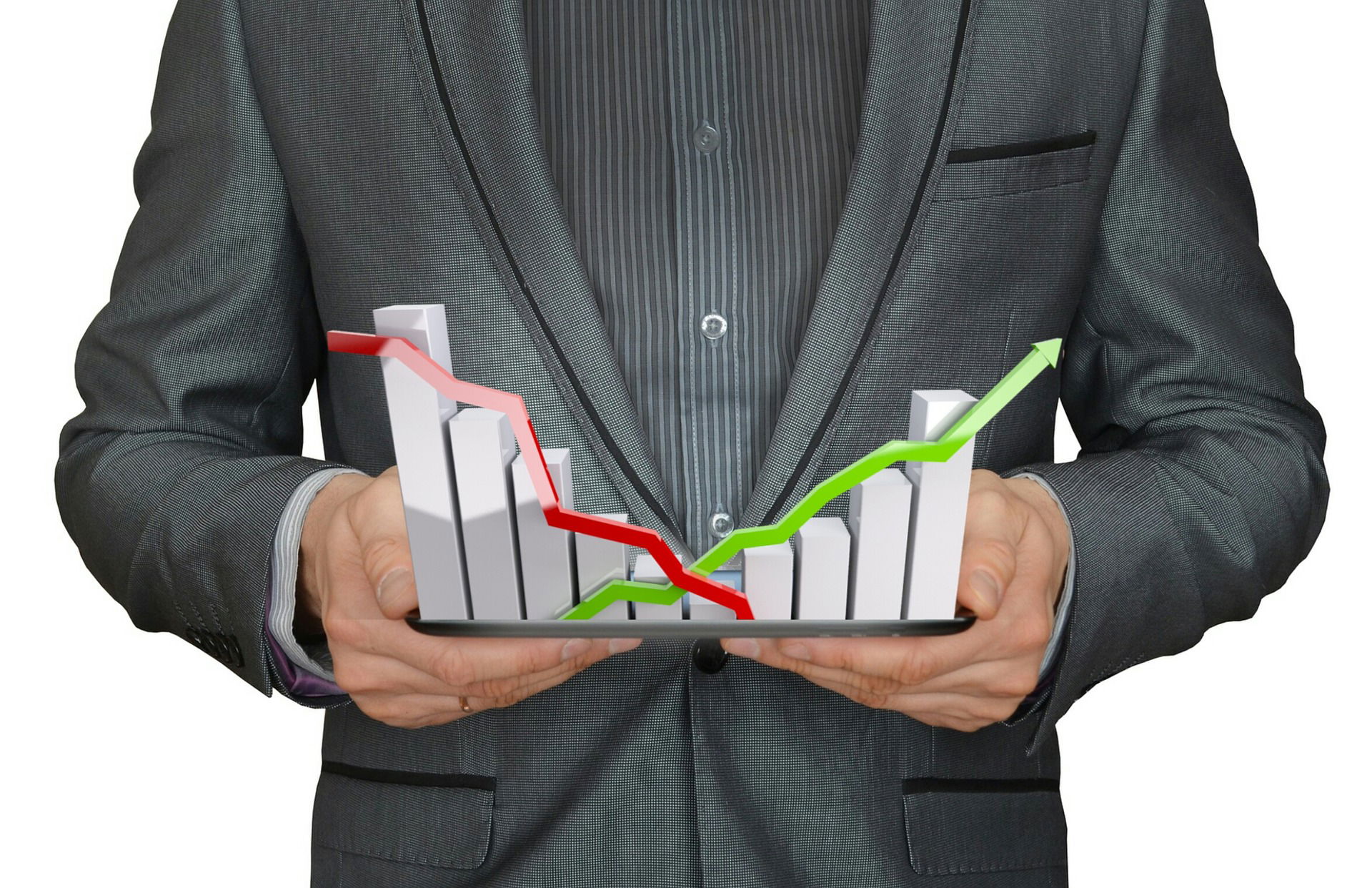Sustainable Economic Growth: Balancing Prosperity and Environmental Concerns
The pursuit of economic growth has been a central goal for nations around the world, with the expectation that it will lead to improved living standards, reduced poverty, and enhanced well-being. However, the traditional model of economic growth has often come at a significant cost to the environment, leading to resource depletion, pollution, and climate change. In response to these challenges, the concept of sustainable economic growth has emerged as a way to balance prosperity with environmental concerns. In this article, we will explore the idea of sustainable economic growth, its key principles, challenges, and the path forward.

Understanding Sustainable Economic Growth
Sustainable economic growth is an approach to economic development that seeks to achieve prosperity while safeguarding the environment and preserving natural resources for future generations. It acknowledges that the traditional model of growth, which often prioritizes short-term gains and resource exploitation, is not environmentally sustainable in the long run.
Key Principles of Sustainable Economic Growth:
Environmental Stewardship: Sustainable growth prioritizes the responsible use of natural resources and aims to minimize environmental degradation.
Social Equity: It seeks to ensure that the benefits of economic growth are distributed equitably among all segments of society, addressing issues of income inequality and poverty.
Long-Term Perspective: Sustainable growth takes a longer-term view, considering the well-being of future generations and the need to maintain the capacity of ecosystems to support life.
Innovation and Efficiency: It encourages innovation and efficiency in resource use, promoting the development of green technologies and practices.
Inclusive Development: Sustainable growth aims to provide opportunities for all members of society to participate in and benefit from economic activities.
Indicators of Sustainable Economic Growth
Measuring sustainable economic growth requires a set of indicators that go beyond traditional economic measures like GDP. These indicators provide a more comprehensive view of an economy's health and its impact on the environment and society:
1. Genuine Progress Indicator (GPI)
The GPI adjusts GDP to account for environmental and social factors. It considers the costs of pollution, resource depletion, and income inequality, providing a more holistic view of economic progress.
2. Ecological Footprint
The ecological footprint measures the environmental impact of human activities in terms of the Earth's capacity to regenerate resources and absorb waste. It quantifies the demand on natural resources and can help identify whether an economy is living within its ecological means.
3. Human Development Index (HDI)
The HDI combines indicators of life expectancy, education, and income to assess a nation's overall well-being. It reflects the social and economic dimensions of sustainable development.
4. Environmental Performance Index (EPI)
The EPI ranks countries based on their environmental performance, considering factors such as air and water quality, biodiversity, and greenhouse gas emissions. It highlights areas where improvement is needed to achieve sustainable growth.
Challenges to Sustainable Economic Growth
While the concept of sustainable economic growth is gaining traction, it is not without its challenges:
1. Short-Term Focus
Many governments and businesses prioritize short-term economic gains over long-term sustainability due to political and economic pressures.
2. Resistance to Change
Transitioning to a more sustainable model often requires significant changes to established practices, which can face resistance from vested interests.
3. Measuring Progress
Measuring sustainability is complex and requires the development of new indicators and methodologies, making it challenging to assess progress accurately.
Inequitable Distribution
Achieving social equity remains a challenge, as economic growth can still benefit the wealthy disproportionately, exacerbating income inequality.
Global Cooperation
Environmental challenges often transcend national borders, requiring international cooperation to address effectively. Global agreements, such as the Paris Agreement on climate change, aim to promote sustainable practices.
The Path Forward: Policies and Strategies
Achieving sustainable economic growth requires a multifaceted approach:
1. Green Investments
Governments and businesses should prioritize investments in green technologies, renewable energy, and sustainable agriculture. These investments can stimulate economic growth while reducing environmental impact.
2. Regulatory Frameworks
Enacting and enforcing regulations that promote sustainability is essential. These regulations can cover areas such as emissions standards, waste management, and land use.
Incentives for Sustainability
Governments can offer incentives for sustainable practices, such as tax credits for renewable energy installations or subsidies for sustainable agriculture.
Public Awareness and Education
Educating the public about the importance of sustainability and providing information on how individuals can reduce their environmental impact is crucial.
International Collaboration
Global environmental challenges require international cooperation. Participating in international agreements and treaties can help address issues like climate change on a global scale.

Conclusion
Sustainable economic growth represents a paradigm shift in how societies view and pursue prosperity. It recognizes that economic growth should not come at the expense of the environment and future generations. While there are challenges to implementing sustainable practices, there is growing momentum toward adopting a more balanced approach to development. As nations and businesses increasingly embrace the principles of sustainable economic growth, there is hope for a future where prosperity and environmental concerns are harmoniously intertwined, creating a world that benefits not only the present but also the generations to come.
Sources:
- Worldwatch Institute - What Is Sustainable Development?
- Genuine Progress Indicator (GPI) - Center for the Advancement of the Steady State Economy
- Global Footprint Network - What is Ecological Footprint?
- United Nations Development Programme (UNDP) - Human Development Index (HDI)
- Environmental Performance Index (EPI) - Yale Center for Environmental Law & Policy
Sustainable economic growth is a vital concept in the face of environmental challenges and growing societal expectations. As the world continues to grapple with the complex interplay between economic development and ecological well-being, it becomes increasingly important to adopt strategies that prioritize sustainability and create a more equitable and sustainable future for all.